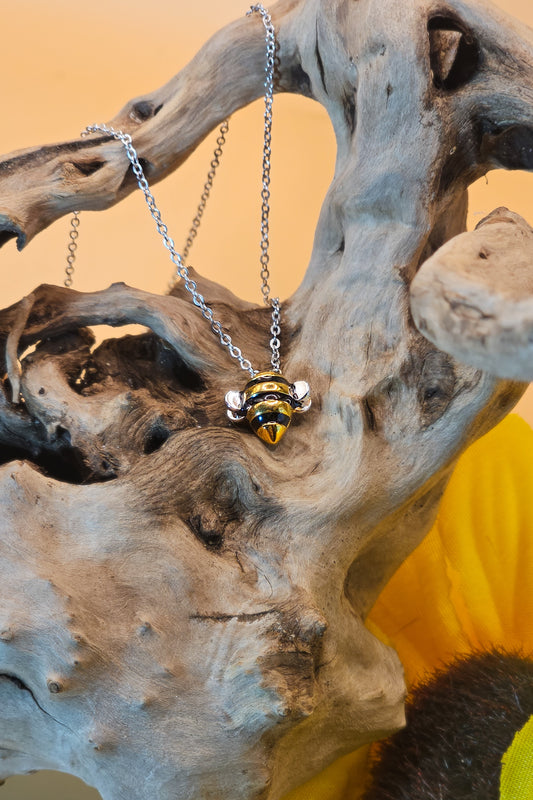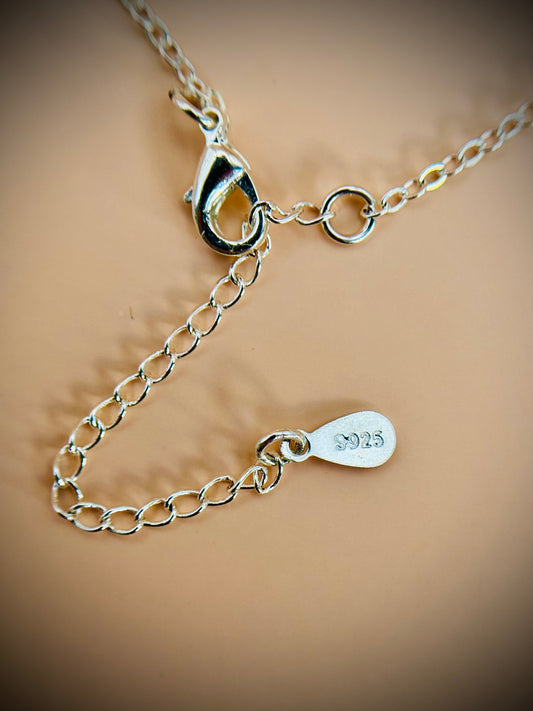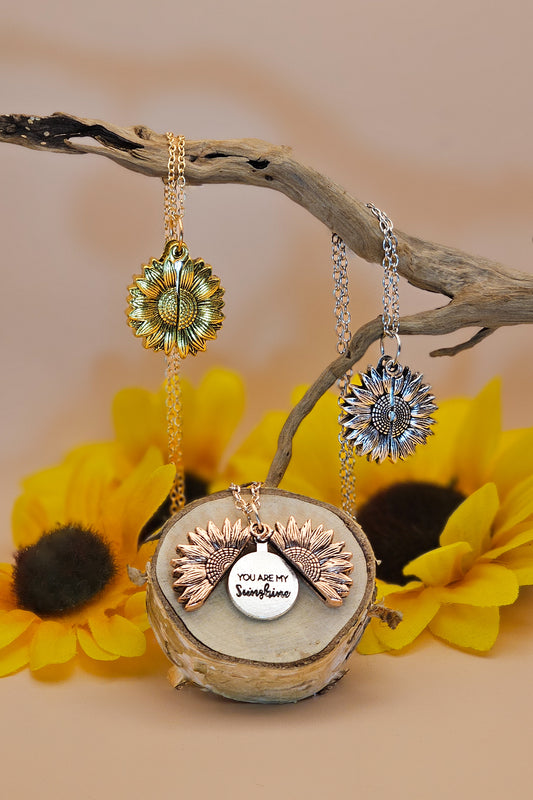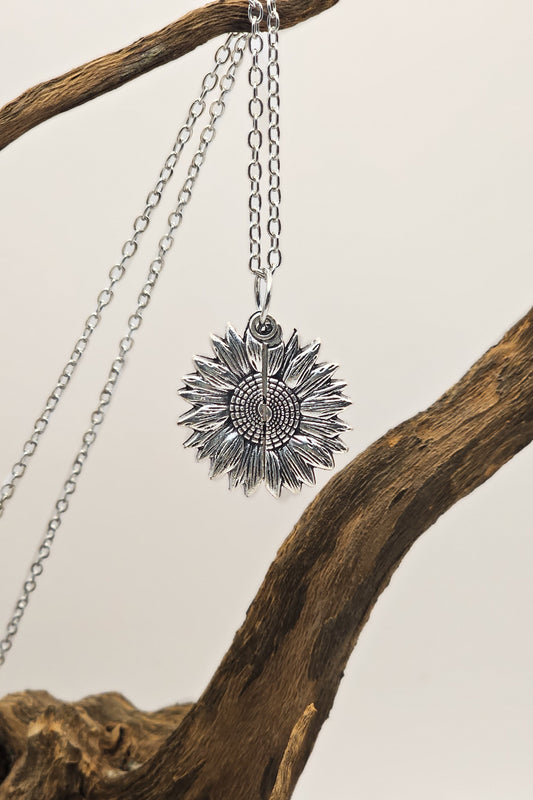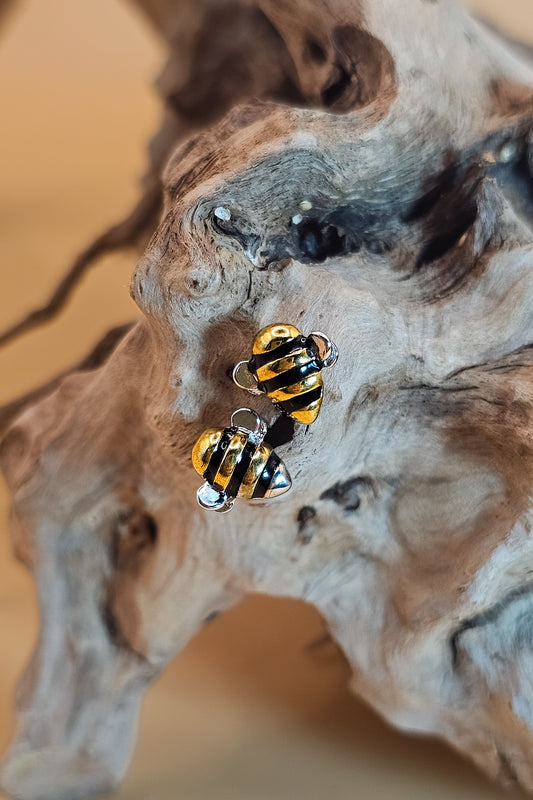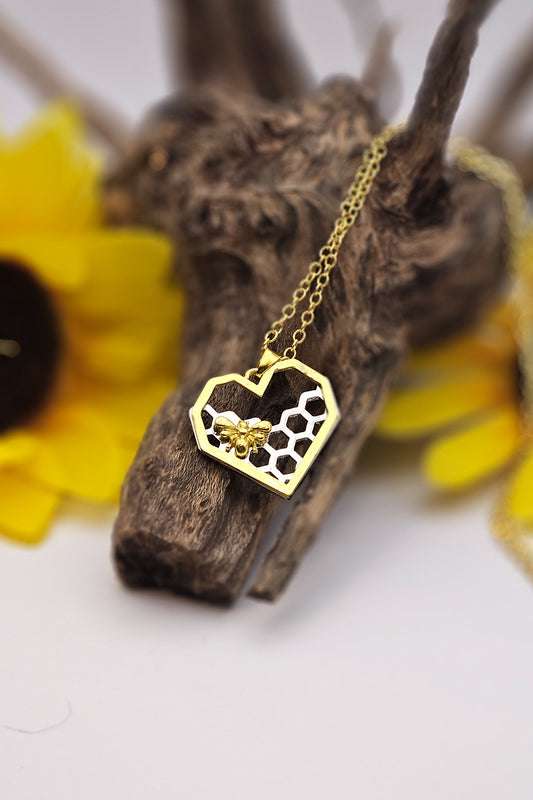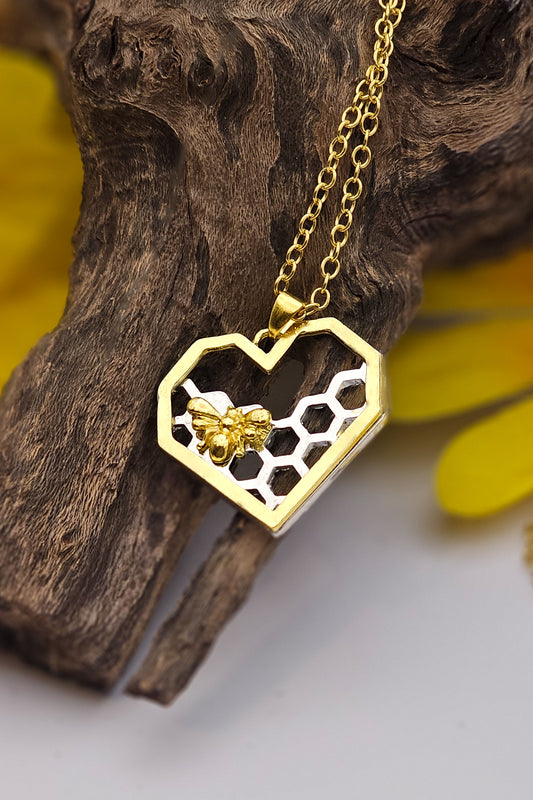While this blog post is focused primarily on the Indian market, honey adulteration is something most of the world is dealing with now. The year 2020 and the Covid-19 pandemic has taught people the importance of building their immune systems and eating well. Honey has always been considered one of the healthiest natural foods available.
Then came the ‘honeygate’ debacle, where some of India’s most trusted honey brands were found to be selling honey adulterated with sugar syrup. The claim that a product is really honey is no longer sufficient to establish that it really is.
This revelation has heightened awareness for the need to implement a system where a label reflects that the product is “pure honey” only if it can be traced to a registered beekeeper.
This 1:55-minute video by WION gives good insight into this growing problem:
Consumers are prepared to pay more for true quality honey because they seek the health benefits, and since the Food and Safety Standards Authority of India (FSSAI) allows “some” sugar mixing like with sugarcane, corn, cane, rice or beetroot, traceability is the only way to have peace of mind that one has purchased natural honey.
Unfortunately, due to a lack of education about the structure of honey, many consumers think that crystalized honey means the honey has gone bad, whereas raw and natural honey is prone to crystallization.
Some honey vendors mix honey with sugar to keep it from crystalizing. The other main reason for sugar syrup dilution is economics. The sad fact is that natural honey, once processed, and including wastage (loss) ends up costing so much that many people cannot afford to buy it. Once it is blended with sugar syrup it is cheaper and more affordable for everyone. But if they think they are getting the health benefits they are mistaken.
There is no reason in this high-tech world that the honey supply chain cannot be held to a higher level or transparency and accountability, especially with the ability to digitize and use technology as support.
The report released in June 2019 by The Beekeeping Development Committee specified that bee products including honey that were sold in India or exported should be traceable to either a registered beekeeper or collector. They went even further and suggested that honey with no known source should not be treated as honey. This would return a large degree of integrity to the apiary industry. They also encourage Indian farmers to explore marketing other bee products besides just honey and wax, moving into royal jelly, bee venom, pollen and propolis, which have expanding global markets. This would be even more reason to establish higher levels of transparency now.
At a recent webinar, Down to Earth, organized in Delhi by the non-profit Centre for Science and Environment (CSE), many beekeepers from a wide range of states said their jobs are in jeopardy due to adulterated honey. They see this as one of the greatest threats to the beekeeping industry. The organizers revealed the results of their probe into the honey fraud, showing how sugar syrups were added to honey yet able to pass all the adulteration tests listed in the 2020 Standards by Food Safety Standards Authority in India. The syrups in question are obtained from China and are now also being manufactured in India. This has the potential to destroy India’s honey industry if left unchecked.
The diligent beekeepers of India are dealing with many problems in addition to adulterated honey, like pesticides, hybrid seeds that reduce the flowering period, and other challenges to the ecosystem. Not to mention misinformation, the big honey brands mislead the public by advertising that if honey crystalizes it is not pure.
The hardest blow is that their pure, natural honey must compete in the marketplace with fake, cheap and sugary syrups with no medicinal value. So even though the popularity of honey is soaring, the honey market is in crisis.
According to Narpinder Singh, president of the Progressive Beekeeper’s Association of Punjab, their pleas to many governmental departments to do something about the Chinese syrup being called honey seem to be falling on deaf ears, while the public falsely believes they are consuming a health food called honey instead of sugar syrup.
Mr. Singh has advocated for honey traceability and Nuclear Magnetic Resonance testing of the honey that is being sold to the domestic market, just like it is done for honey that is exported. Standards should safeguard both producer and consumer and need to be evaluated and strengthened depending on developments in the industry.
Hopefully this vast adulteration problem will be taken seriously by the authorities before it is too late.


